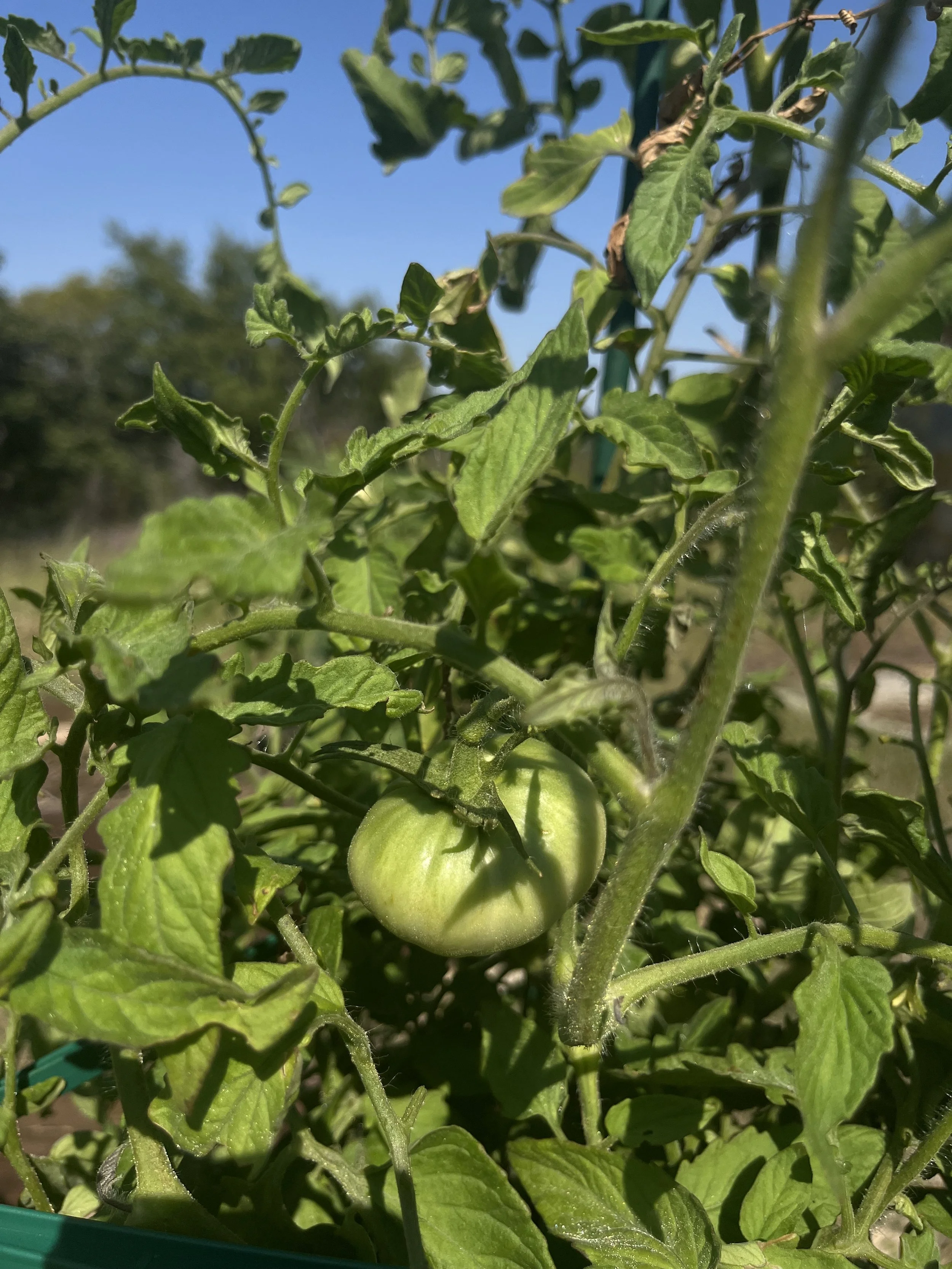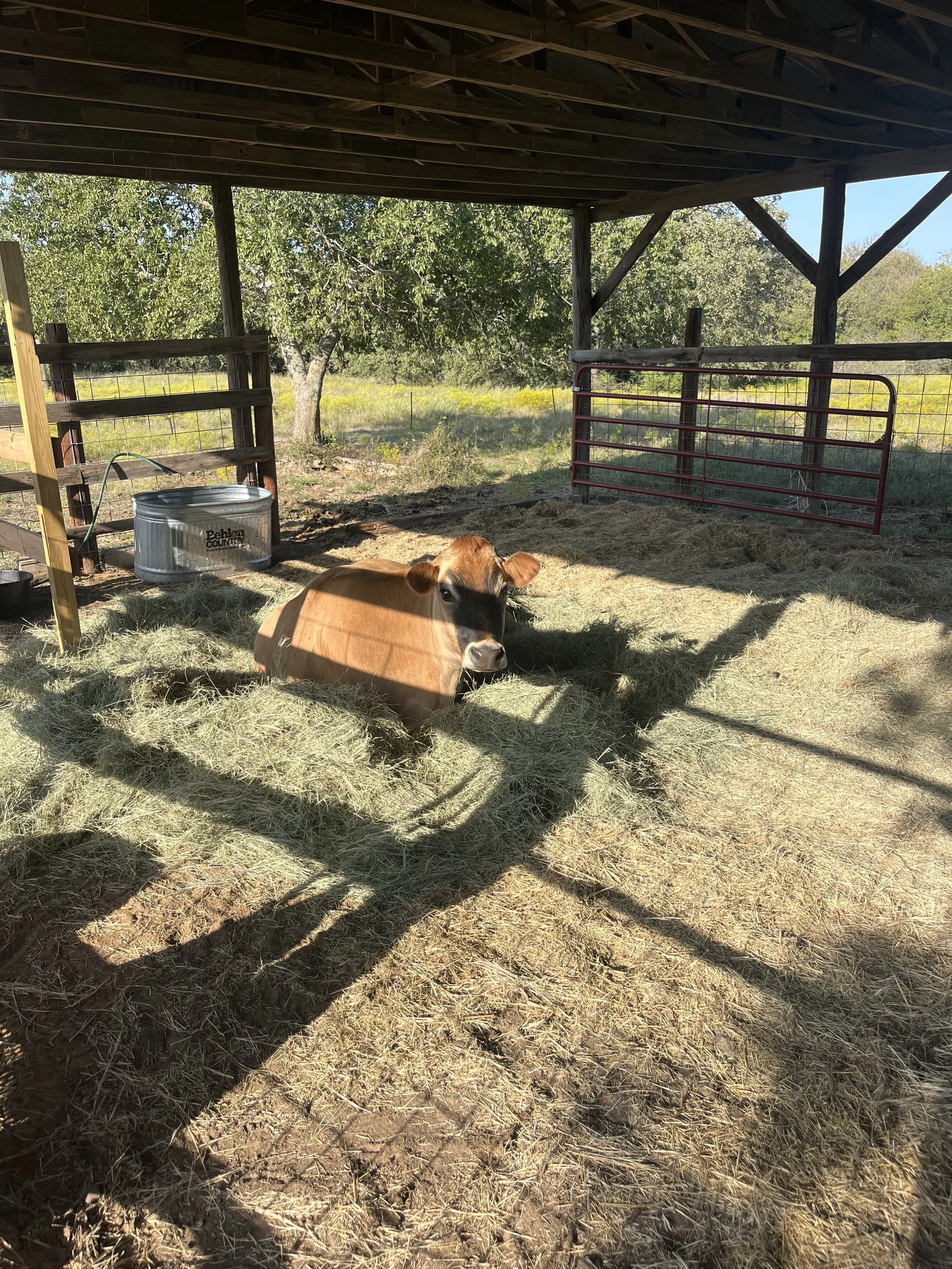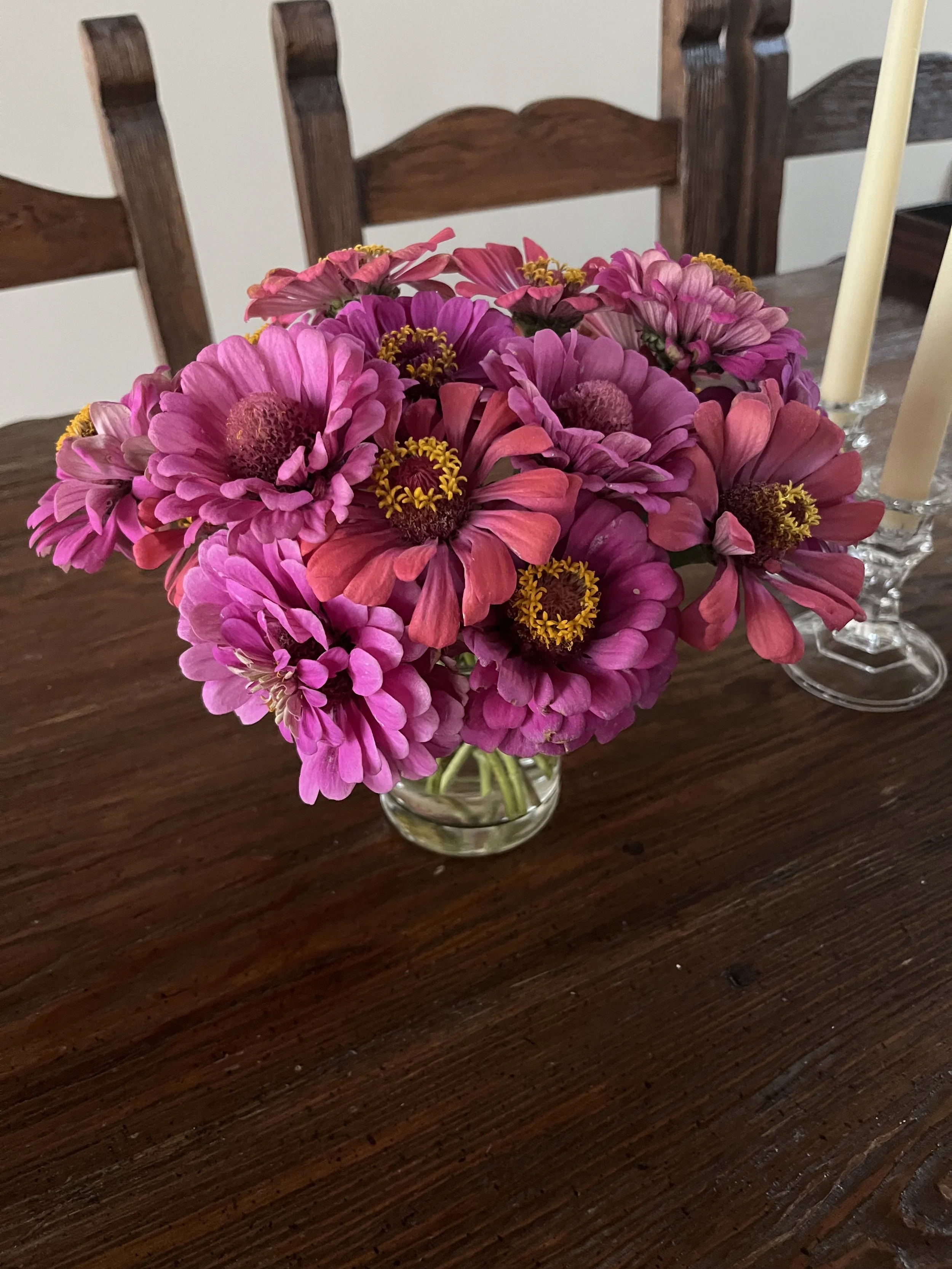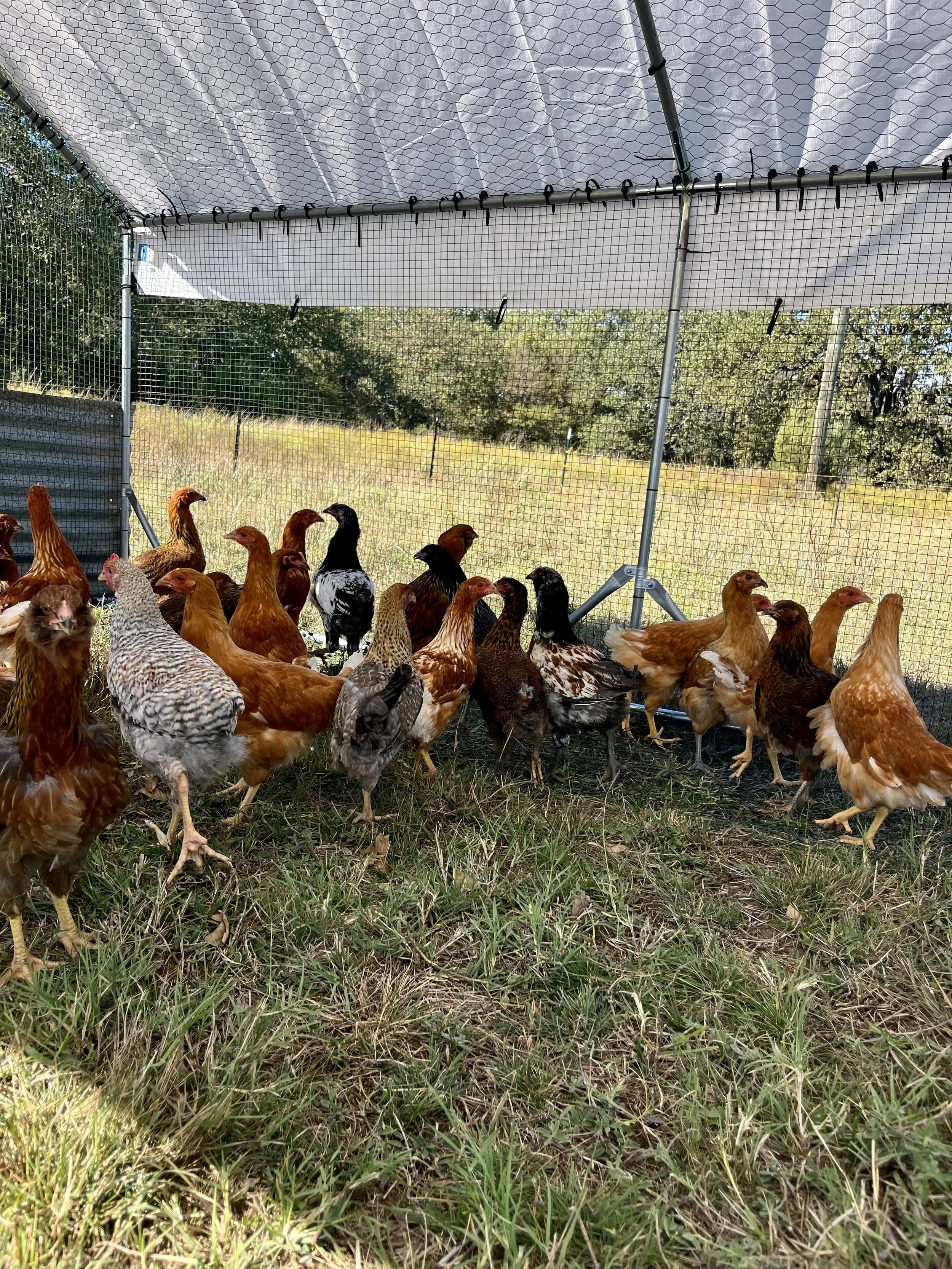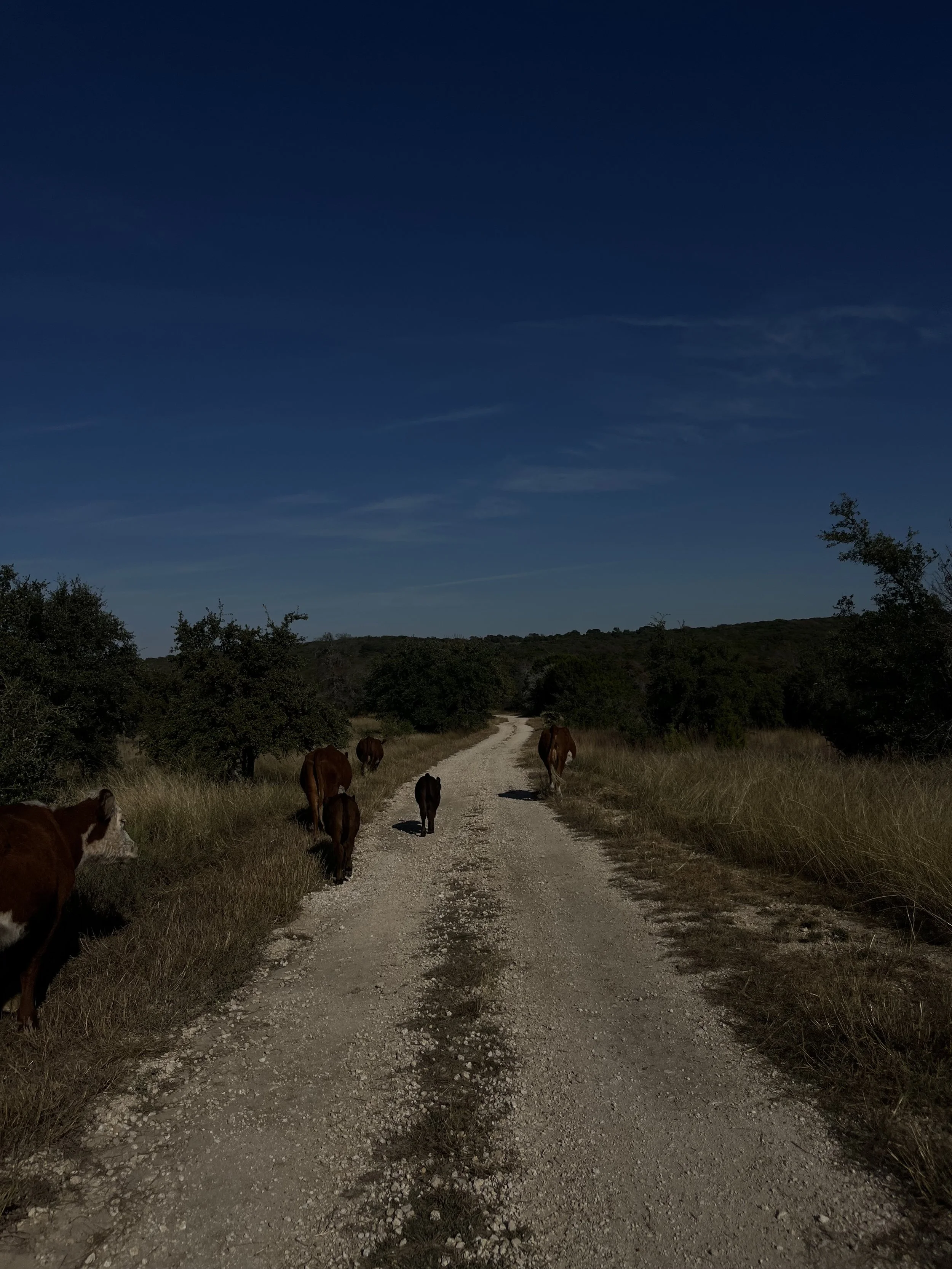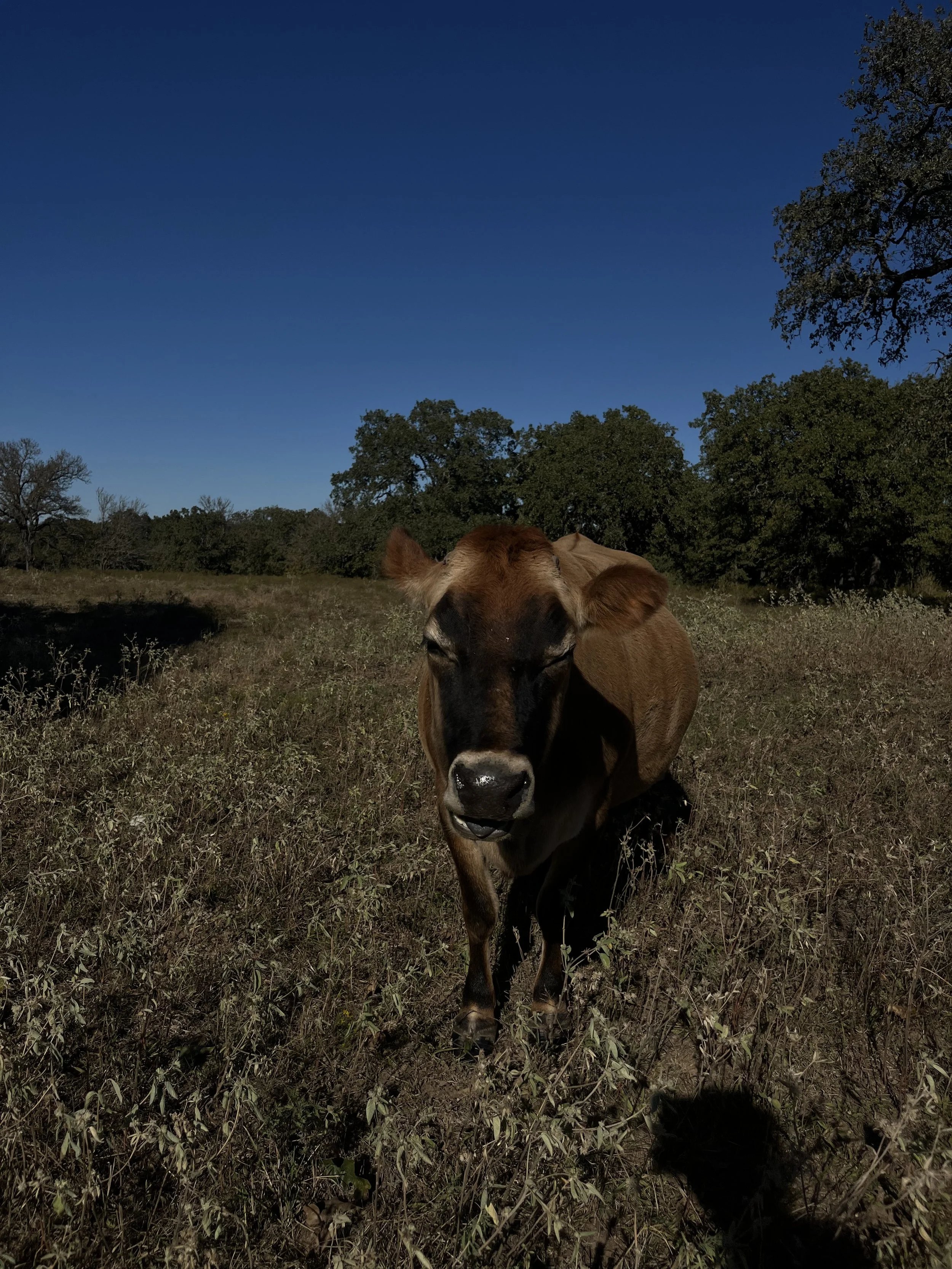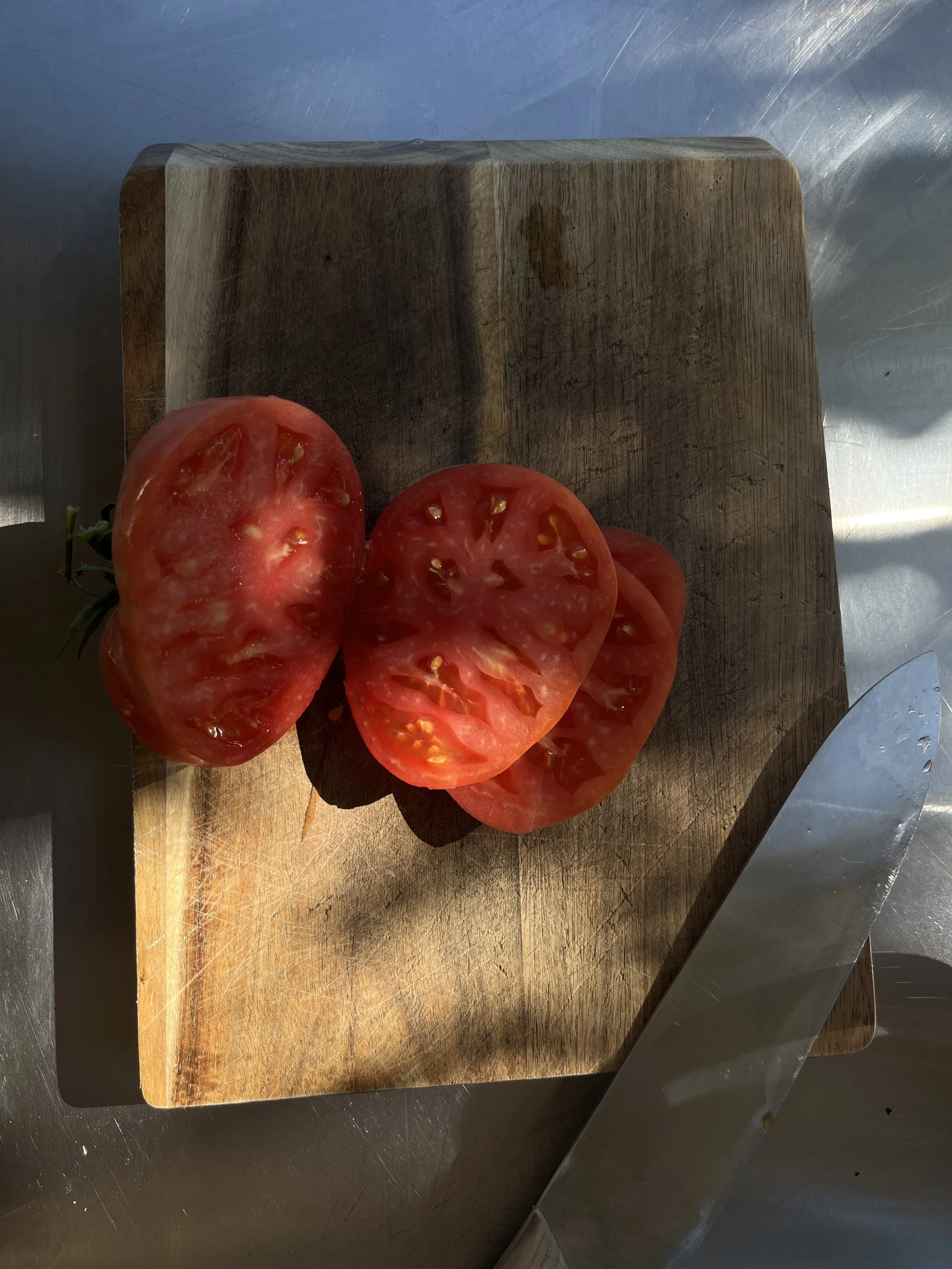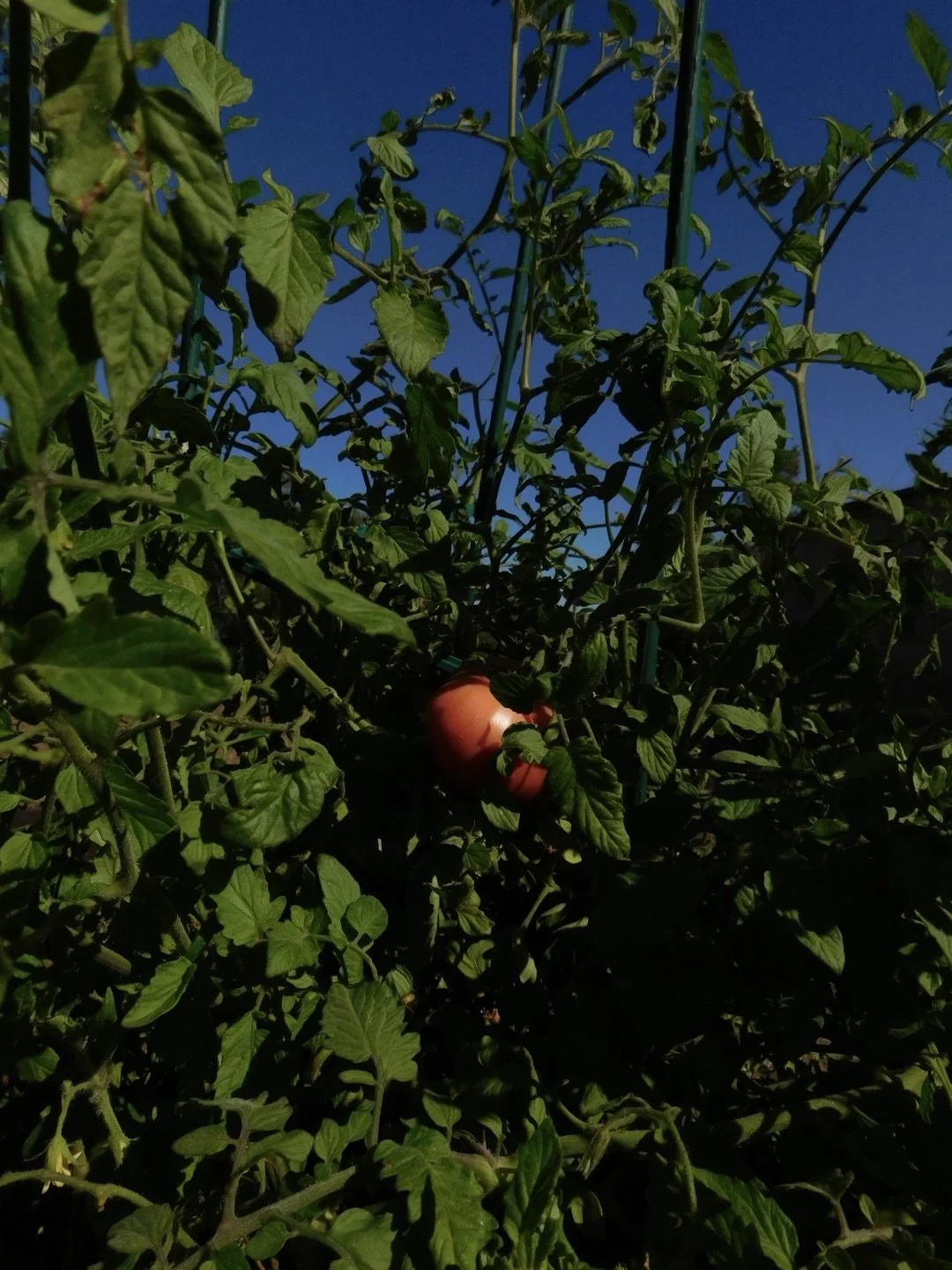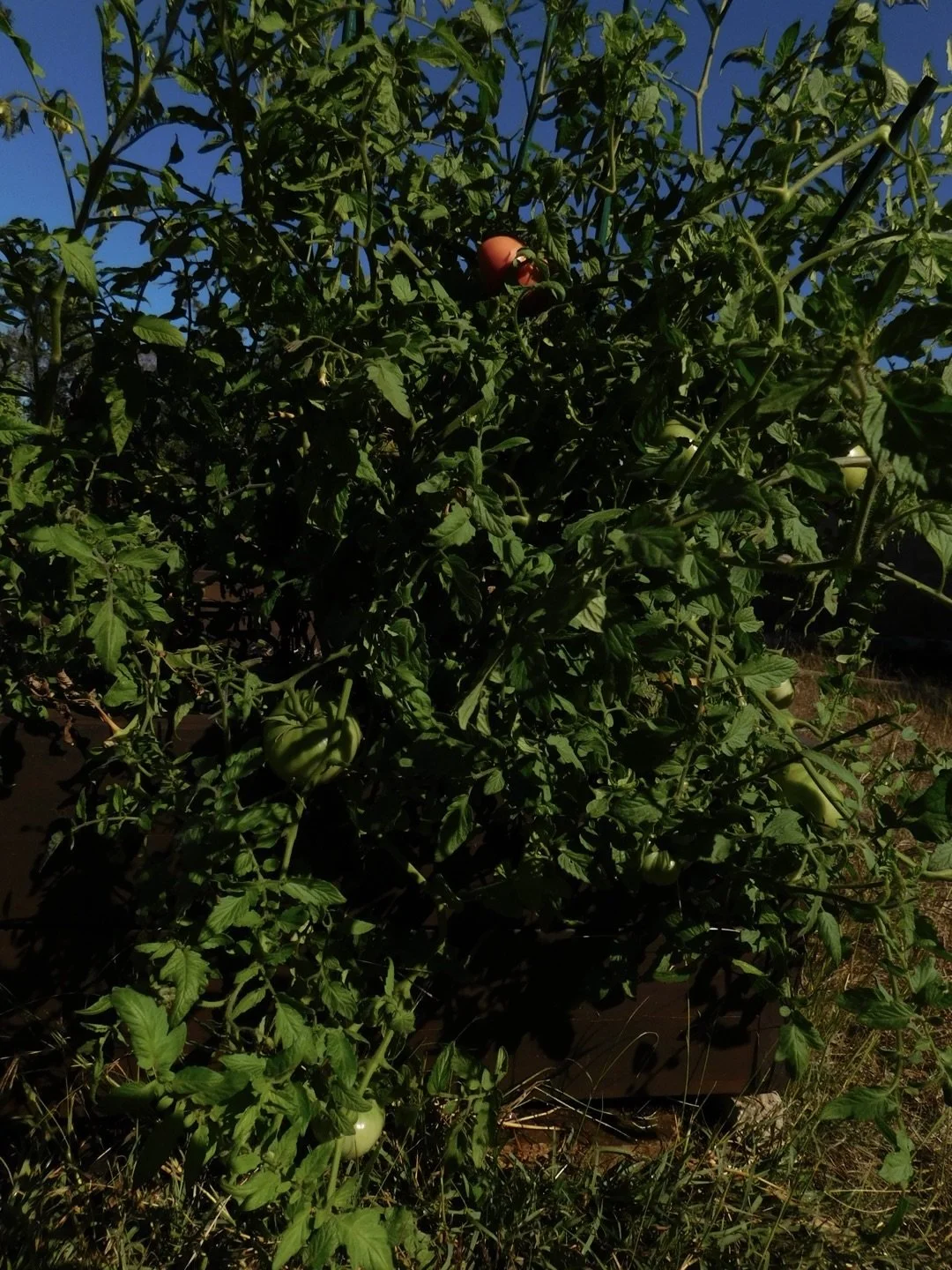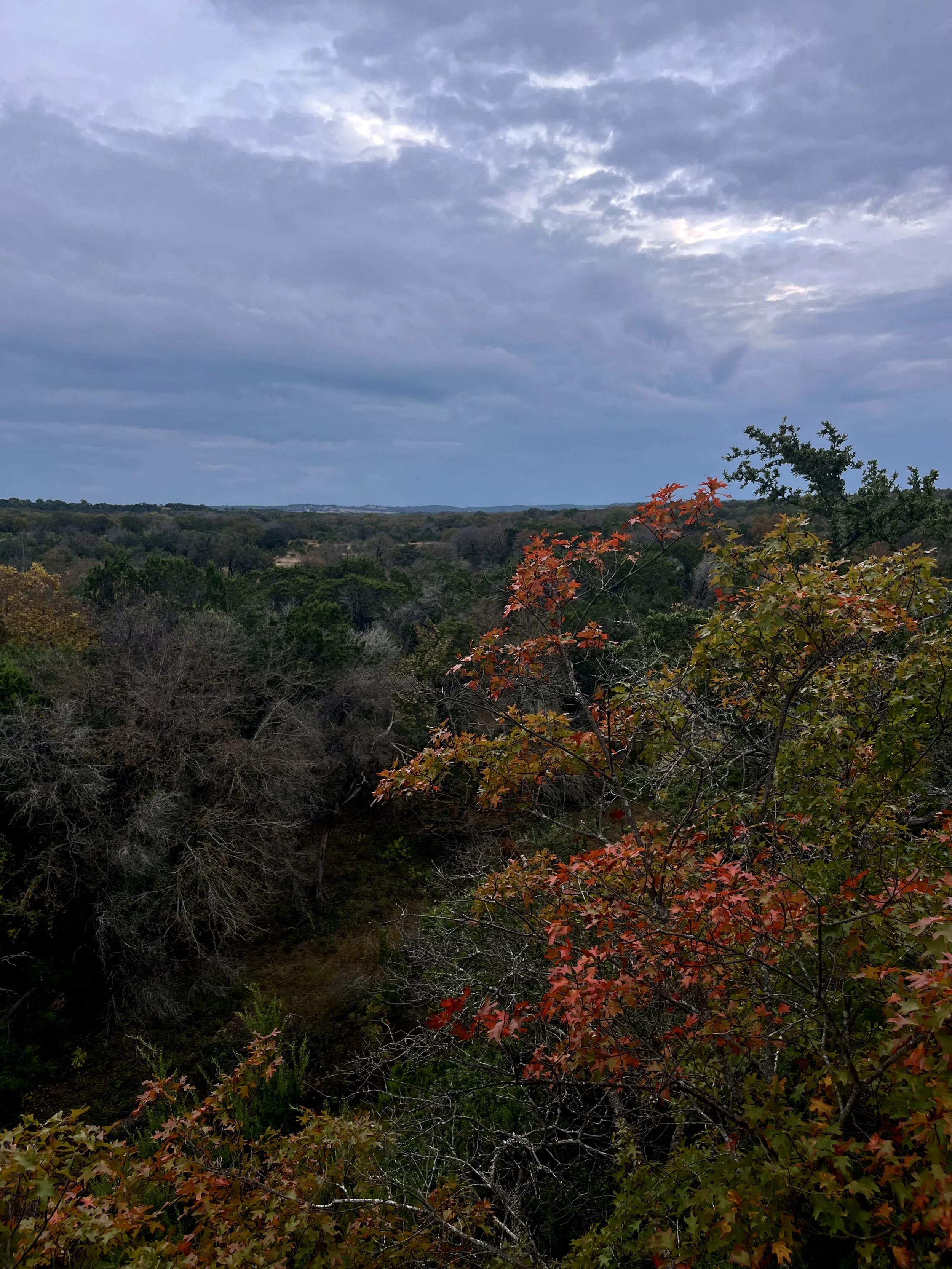October 2024
As I have read and gleaned from many others who have been farming all their lives or are just starting, as we are, a very common practice is to check on the animals you are raising—first thing in the morning and then again every evening. Over the past year, we have been trying to find our rhythm with that—what our morning routine looks like and what our evening routine entails.
So often, especially after a good morning check, things seem to be in order: chickens fed, watered, and moved; eggs collected; our milk cow checked on to ensure she has hay and water; and the electric fence turned on and secured. When everything appears fine, we sometimes skip our evening check, especially if we have spent hours working on a project in addition to our daily chores.
On the other hand, there are days when you understand why farmers insist on these checks. Those days can feel like a sharp reminder that twice-a-day checks are mandatory, even if they seem unnecessary. There is a reason for everything. I will say there is a lot of intuition with it as well.
On this particular day, the wind was bad. At first, you think nothing of it, especially coming from my previous city life, where wind would have never effected it. But now, with 30 chickens and a milk cow in the pasture, I wondered, Are they okay? This is what I thought in the middle of the night when I heard the wind.
Morning came, and I went down to the pasture where we keep our chickens. I saw that our new chicken coop—which doesn’t have the sturdy build of our other one (it’s much heavier)—had moved about 20 feet. The ladder was out of the coop, along with the waterer and the feeder, but the coop was upright. It looked as if God had picked it up and moved it. So odd.
I went and got some stakes and attempted to pin it down. I spent a while down there doing the daily tasks and working on our fall pasture for Caroline. There was no further movement of the coop. Later that day, Wick got home from work. I asked if he could check on the coop on his way home, as it had continued to get windier.
He called to tell me the coop was now in the trees. I arrived at the pasture to see Wick standing in the middle of 30 baby chicks and a chicken coop upside down in the trees. Lovely.
Once we weighed down and fixed the coop, we were then faced with the task of getting the chickens back inside. The sun was still out when we started this process, but it was pitch black by the time we finished. The chickens were still scared of humans, and if we got close, they scattered. We tried herding them slowly, but that didn’t work either.
Eventually, we took a break, thinking that maybe we, as humans, were making matters worse and that the chickens would go in naturally as the sun began to set. When we returned, all hope seemed lost. The chicks were huddled in the middle of the field, waiting for predators. At that point, we realized we had no choice: we had to get these chicks into the coop, or they wouldn’t survive the night.
It was so dark they couldn’t see our hands, so we were finally able to grab them and individually place them in the coop. The process was long and trying. All 30 chicks made it safe and sound into the coop.
We are thankful for moments of growth and the stories we’ll tell later.
- Kyra

